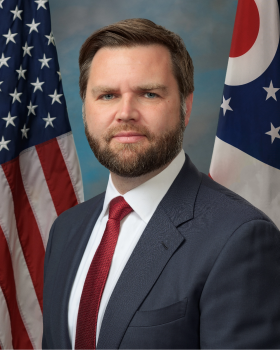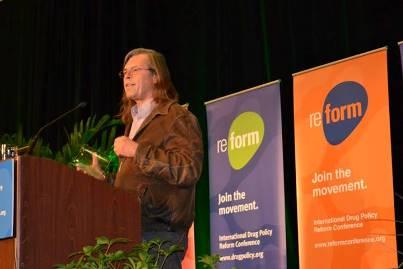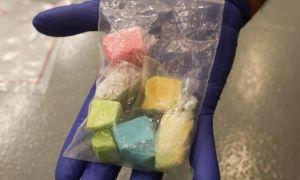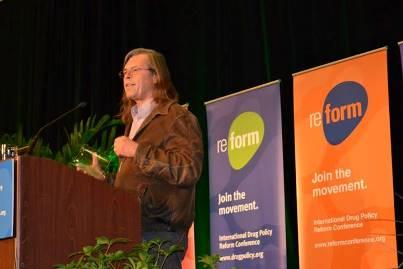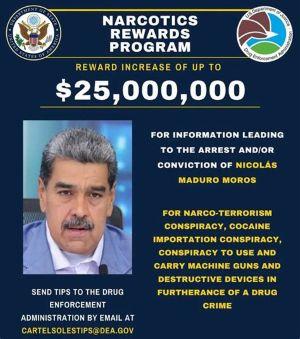
Missouri activists Eapen Thampy and Deb Nash hand in initiative petitions in Jefferson City. (Missourians for a Single Market)
MO Inits Would Regulate Marijuana and Hemp Like Alchohol, NYT Says Venezuelan Drug Boat Had Turned Back Before US Sunk It, More... (9/12/25)
Nebraska's governor signs emergency medical marijuana regulations after forcing cultivation cap, the US attack on the Venezuelan drug boat is now raising even more questions, and more.
